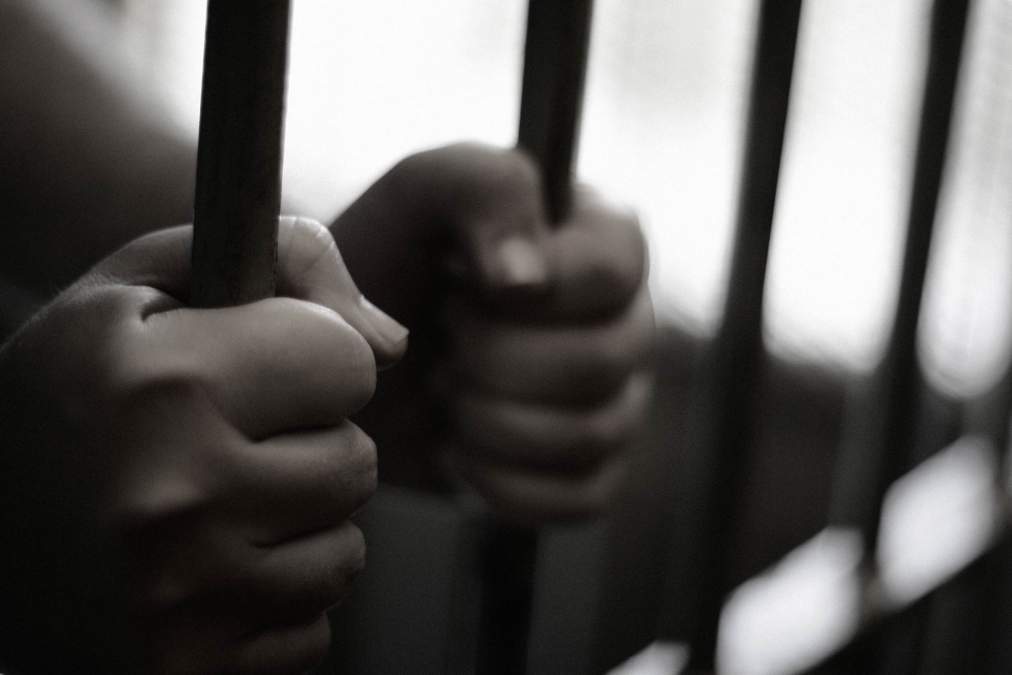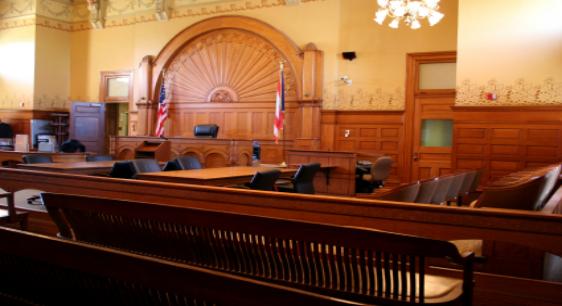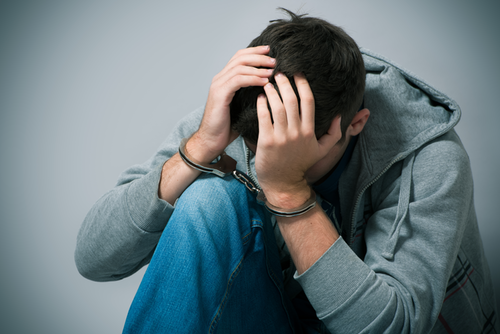Felony Process
Aug 06, 2015

Felonies are very serious charges – more so than misdemeanors or violations. They range from Grand Larceny to Homicide. There are six classes of Felonies in Virginia, which define the severity of the charge. Class 1 felonies are the most serious, while class 6 felonies are the least serious, although any felony can tarnish a criminal record. There are also Unclassified Felonies that have individualistic punishments that are usually listed in the statutory section of the charge.
It’s complicated stuff, felonies. To know exactly what you are facing, you need a lawyer with experience. David Steidle is the person who can help you. Contact the Steidle & Gordon Attorneys at Law to help you sort through the process.
If you want to see the penalties for each class, refer to Virginia Code Section 18.2-10 (for example, Class 1 felonies are punishable by death, while Class 6 felonies can get you 1-5 years in prison).
Let’s get down to the felony process. If you are charged with a felony WHAT HAPPENS??
The 10 stages to the felony process:
- Arrest
- Magistrate Appearance
- Arraignment
- Discovery for Preliminary Hearing
- Preliminary Hearing Preparation
- Preliminary Hearing
- Grand Jury
- Discovery
- Trial Preparation
- Trial
Here’s a breakdown of what each step means.
Stage 1: Arrest This stage is when a police officer arrests you and charges you with the Felony Charge. The Officer may arrest you on the scene of the alleged crime or may seek you out to arrest you based on someone else’s allegations that you committed a Felony. It is very important how the Officer conducts him or herself during the arrest phase. Any statements you make to the Officer may be used against you in Court, however if the Officer did not follow proper procedure, those statements may not be admissible. It is important that we have all the facts in order to properly prepare for your defense. If you are at this stage of the felony process, contact the Steidle & Gordon Attorneys at Law right now!
Stage 2: Magistrate Appearance After a person is arrested, the Officer will usually take them down to the Magistrate’s Office. The Magistrate will decide whether or not to hold a person without bail. If a bail is set, that person can contact a bondsman for a fee or post that bond with property or cash.
Stage 3: Arraignment This is the first appearance in front of the Judge. The Judge will formally explain to the defendant what he or she is charged with. If that person is being held without bail, the Judge can and may set one. This stage is also where the Judge will ask the person what they plan to do about an attorney. Never waive your right to counsel! It is very important that you have a lawyer throughout the rest of your proceedings. If you are at this stage and have not contacted us, do so Right Now!
Stage 4: Discovery for Preliminary Hearing A defendant is not entitled too much discovery at this stage. The defendant is only entitled to statements that he or she may have made to the police and his or her criminal record. This is why it is important to contact us. We know this system and may be able to get a jump on Discovery and Trial Preparation.
Stage 5: Preliminary Hearing Preparation We will discuss the Preliminary Hearing at our first or second consultation. Typically, unless we are sure that we will win at this stage we typically will not put on any evidence.

Stage 6: Preliminary Hearing This is a probable cause hearing at the General District Court level. The standard for the Commonwealth is quite low and the Judge will usually certify the case to the next meeting of the Grand Jury. This is where we will get to hear at least some of the evidence that is against the defendant. A preliminary hearing will help us prepare for the Trial Stage.
Stage 7: Grand Jury If the General District Court Judge certifies the case; meaning that the Judge found that there was probable cause to support an arrest and potential conviction, the case then goes to the next meeting of the Grand Jury. Grand Juries in Virginia typically meet every month or every other month depending upon the Jurisdiction. The Commonwealth Attorney’s office can convene a Special Grand Jury, but that is rare. The Grand Jury hearing is a closed hearing. The public and the defendant are not allowed to attend. The purpose of the Grand Jury is to see, yet again if there is enough probable cause to take this case to trial. Typically a detective from the local police department will testify and the Grand Jury will deliberate. The Grand Jury will decide whether or not to return the case as a True Bill. Grand Juries typically will find probable cause and return a true bill on an indictment.
Stage 8: Discovery After the Grand Jury returns a True Bill, the Defendant is then entitled to Discovery. This is typically when the Defense Lawyer reviews the Commonwealth’s evidence. The Discovery stage is conducted entirely by the Defense Lawyer.
Stage 9: Trial Preparation After I conduct Discovery in a case, the defendant and I will typically have a meeting to discuss what the evidence will be against the defendant. This is when we may want to start discussing plea negotiations and/or trial strategy. By this time, I should know who all of the witnesses are and have them subpoenaed for court. Remember the Commonwealth must prove their case beyond a reasonable doubt.
Stage 10: Trial This trial is held in front of the Circuit Court. It is either a Judge or Bench trial or a Jury Trial. Either way, the Judge or Jury is the finder of fact and will ultimately decide the final issue; Guilty or Not Guilty. There are many different trial strategies and we will discuss them before trial. Trials can be an emotional time for a defendant. It is important to look ones best and to always remain calm in the court room. After the trial is over, if a Not Guilty verdict was returned, then it is over. If a person was found guilty, we will discuss their options for appeal to the Court of Appeals
It is impossible to go through the felony process without legal representation. There is simply too much litigation to handle on your own. David Steidle and his team are more than ready to walk you through the felony process. Contact us today.

